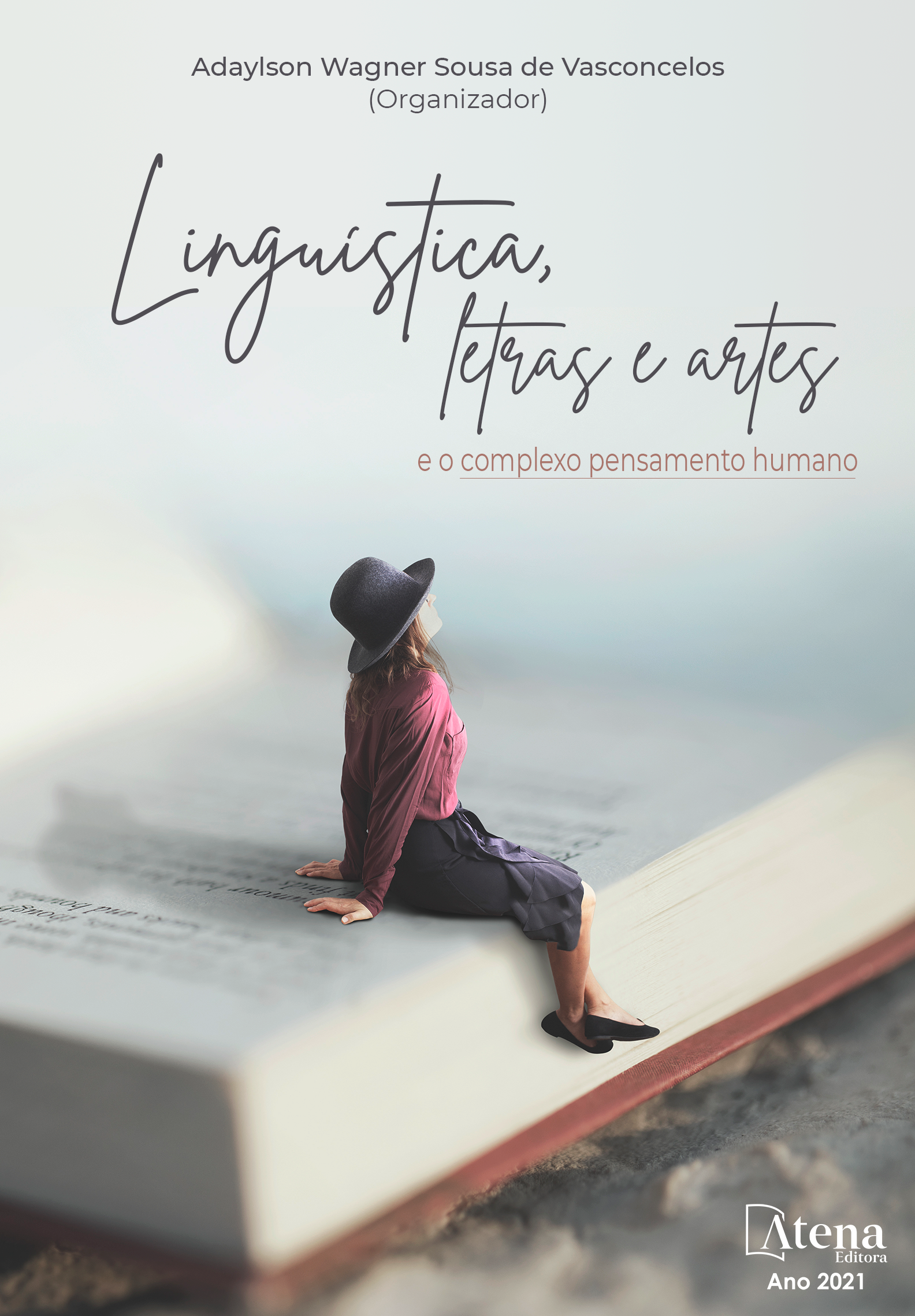
TERMINOLOGIAS ATRIBUÍDAS À PESSOA COM DEFICIENCIA NA LITERATURA INFANTOJUVENIL – MUNDO IMAGINÁRIO OU ESTIGMAS?
O objetivo do presente trabalho é fazer uma reflexão das terminologias utilizadas na literatura infantojuvenil a partir dos signos linguísticos como possível instrumento de estigmas. A linguística, enquanto área de estudo no campo da ciência, trata sobre questões fundamentais inerentes à linguagem e a língua, existentes em um dado contexto histórico. As mudanças linguísticas, ocorridas ao longo do tempo, são estudadas pelos linguistas como fenômenos que envolvem as relações sociais e culturais de uma determinada comunidade. Nesse contexto, observa-se que a forma de referência à pessoa com deficiência foi alterada ao longo do tempo, perpetuando olhares estigmatizados e estereotipados. Assim, mediante pesquisa bibliográfica, propõe-se problematizar essas relações na literatura infantojuvenil no viés do paradoxo entre imaginário e estigma. Considera-se que, para uma política social de inclusão, seja necessário um conjunto de ações tanto do poder público quanto da sociedade, a partir de uma revisão conceitual literária, tendo como caminho condutor a educação infantil, a primeira etapa da Educação Básica.
TERMINOLOGIAS ATRIBUÍDAS À PESSOA COM DEFICIENCIA NA LITERATURA INFANTOJUVENIL – MUNDO IMAGINÁRIO OU ESTIGMAS?
-
DOI: 10.22533/at.ed.8852120129
-
Palavras-chave: Literatura infantojuvenil. Pessoa com deficiência. Signo linguístico.
-
Keywords: Children's literature. Person with disabilities. Linguistic sign.
-
Abstract:
The objective of this paper is to reflect on the terminologies used in children's and youth literature based on linguistic signs as a possible instrument of stigmas. Linguistics, as an area of study in the field of science, deals with fundamental issues inherent to language and language in a given historical context. Linguistic changes, which occur over time, are studied by linguists as phenomena that involve the social and cultural relations of a given community. In this context, it is observed that the way people with disabilities are referred to has changed over time, perpetuating stigmatized and stereotyped views. Thus, through bibliographic research, we propose to problematize these relations in children's and teenage literature from the standpoint of the paradox between imaginary and stigma. It is considered that, for a social inclusion policy, a set of actions from both public authorities and society is necessary, starting from a literary conceptual review, having as a guiding path early childhood education, the first stage of Basic Education.
-
Número de páginas: 16
- Flávio da Silva Chaves
- Shirlena Campos de Souza Amaral
- Crisóstomo Lima do Nascimento
- Bárbara Rangel Paulista


